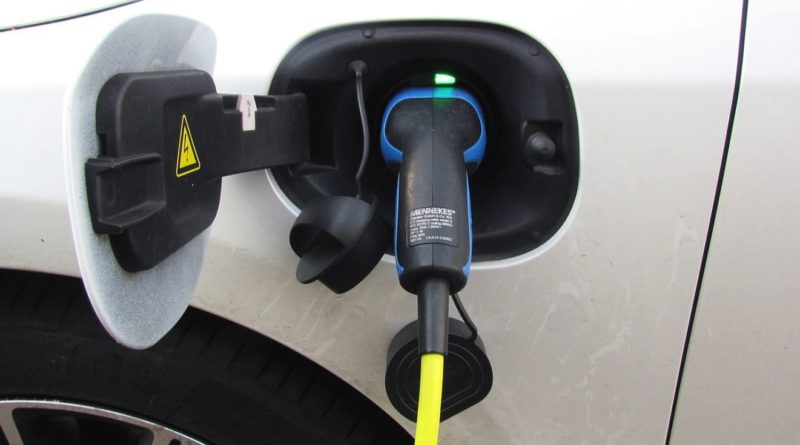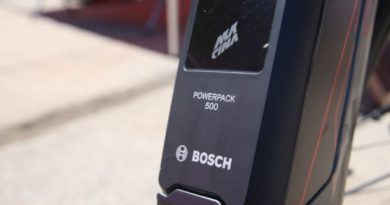Scientists make battery advance that brings charging in minutes closer for EVs
Scientists at the Penn State University have developed a means to charge lithium ion batteries commonly used in EVs inside minutes, without the long-associated rapid decline of cells.
Bringing fast-charging a step closer for countless forms of electric vehicles, including electric bikes, the breakthrough is touted to give a typical electric car battery a feasible charge time of just ten minutes.
The breakthrough came about as scientists at the university dabbled with pre-heating cells in a bid to stave off plate-like deposits forming on the negative electrode’s surface. Such formations can very quickly lead to a shortened battery life, presenting a big barrier for makers of EVs.
Chao-Yang Wang, one of the study’s leaders, tested how cells reacted when pre-heated to 40°C, 49°C or 60°C, as well as at the standard 20°C.
The findings concluded that at 20°C fast-charging methods couldn’t sustain beyond around 60 cycles without the plating causing notable problems for performance.
With the electrode heated via some inserted micron-thick nickel foils added to a stack of electrode layers the performance steadily began to grow.
By the time scientists had a 30-second heat cycle generating 60°C the battery was able to recharge through 2,500 cycles without forming lithium plating known to limit the life of the cells.
The breakthrough expands the lifetime of batteries used for electric cars to around 14 years of use, or 750,000 kilometres, said Wang.
Fearing that people will be wary of heating batteries, Wang said this method’s benefits outweighed negatives significantly as the heat is applied in a short burst.
The team at Penn State are now shooting for a design that will comfortably charge inside five minutes.
Back in 2017, the inventor of the Lithium-Ion battery John Goodenough led a team to create the first all solid state battery cell.



